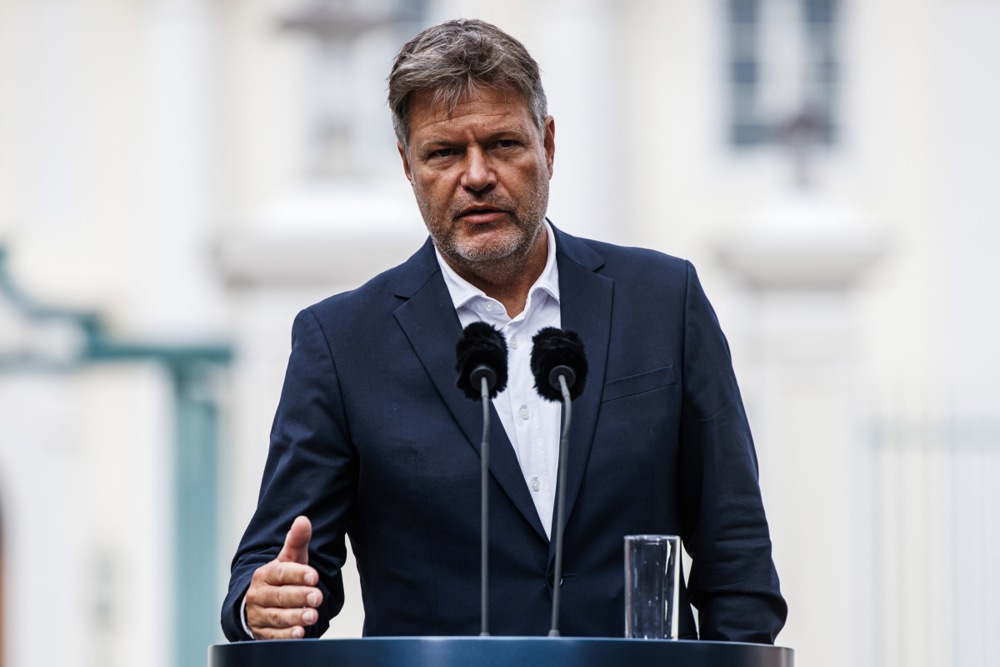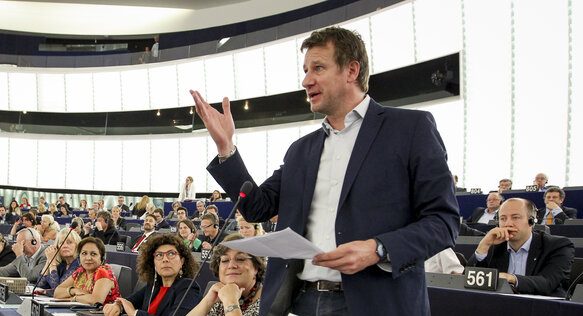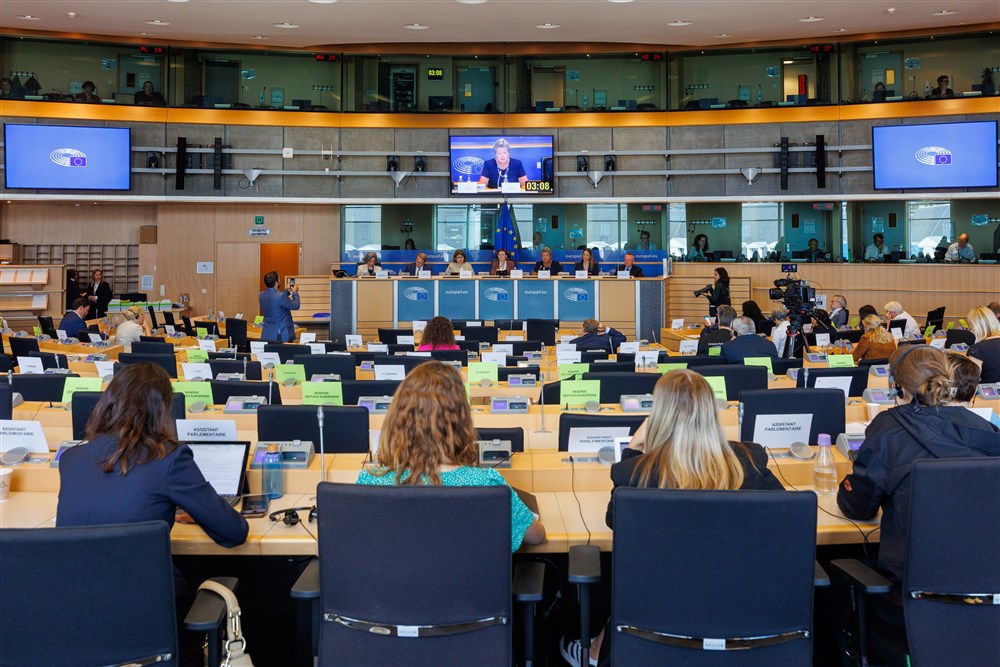Guy Verhofstadt and allied MEPs are pushing – again – for federalist reforms of the EU treaties.
The group of five, exclusively drawn from the pro-EU centre-left of the European Parliament, announced their proposals at press conference on September 13 and brought them before the Parliament’s constitutional committee the next day.
Veteran Eurofederalist Verhofstadt and the team of five rapporteurs proposed a series of measures that many believe would increase Brussels’ control over the EU.
Verhofstadt said that the primary aim of their report was to rid the EU of “disastrous” unanimity voting.
In some key areas, EU laws and policies need a final stamp of approval from all 27 Member States, meaning each nation has the power of veto. While many regard that as an essential guarantee of the rights of individual nations in the bloc, others believe it will render the EU unmanageable when it adds more members under current enlargement plans.
The EU’s decision-making “will become more difficult with more states”, Verhofstadt told the press.
Green MEP Daniel Freund said: “I think what we’re putting here before colleagues is historic.”
The five MEPs will put forward the proposals to be approved by the Constitutional Committee in October. They then hope it will go before Parliament plenary in November. If approved again, the Parliament will then ask the European Council and the EC to call a convention to reform the EU.
Speaking to the Constitutional Committee, German MEP Sven Simon insisted: “We need to abolish vetoes” because “it has been 16 years since we signed the Lisbon treaty, the world has changed since then and we believe we need to change with it”.
He added: “We simply … propose to abolish [the veto] totally.”
Other MEPs assembled in the fairly empty Committee room were mainly in agreement.
The only voice of dissent came from one of the group’s former co-rapporteurs, Jacek Saryuz-Wolski, a Polish MEP for the European Conservative and Reformists Group (ECR).
While Saryuz-Wolski had initially been involved in drafting the proposal, he resigned over what he called its “hasty” nature. He added that the suggested changes were of a “purely political and ideological nature”.
He added that the ECR’s proposed reforms, based on subsidiarity and proportionality – founding principles of the EU – were all “outright rejected, all of them” and that “no argument was put forward” against them.
Towards the end of his speech, some MEPs could be heard heckling Saryuz-Wolski, irritating the Pole.
“You are six, there is one opposition, and you did not allow ID to participate, so don’t censor!” he snapped back.
Speaking to Brussels Signal, Romanian MEP Cristian Terheș was critical, saying: “The federalist fanatics … keep pushing for the transformation of the European Union into a Soviet Union-style tyranny.
“The EU is in a time of democratic, demographic and cultural decline. We need more liberty, more kids, more national democracy and less Brussels bureaucracy.”
Speaking at a conference on August 28, Austria’s foreign minister Alexander Schallenberg claimed no reforms were needed for enlargement and called the entire debate “dishonest beating around the bush”.
Austria intends to oppose Euro-federalist reforms proposed as part of the European Union enlargement debate. https://t.co/9JHHtB9PLV
— Brussels Signal (@brusselssignal) August 30, 2023
Verhofstadt and his fellow co-rapporteurs repeatedly cited the Conference on the Future of Europe as proof that EU reform and federalisation were popular among EU citizens.
Others were sceptical of this. Being assembled during the COVID-19 lockdowns, some say that fewer than 5 per cent of EU citizens were even aware of the conference.
Terheș said: “The last time their … federalist ambitions were put to a public vote [The EU Constitution 2005], it was soundly defeated in France and the Netherlands.”
Simon claimed that the group’s move was “not about old ideas of federalism versus a Europe of nations, it is about improving the European Union where it matters to Europeans”.
The opening of the reform proposal cites the Ventotene Manifesto, a Second World War political statement that called for the creation of a Socialist Federation of Europe.





